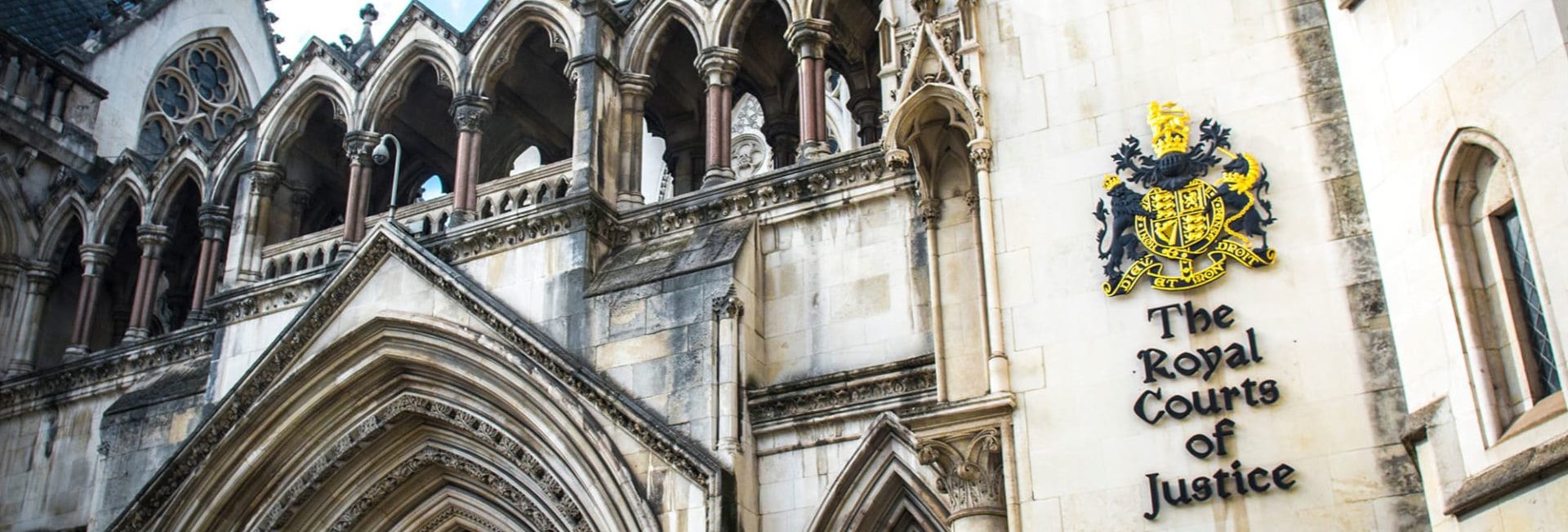About the scheme
The scheme applies to eligible cases for which permission to appeal is sought and obtained via the Court of Appeal.
Unless a judge exceptionally directs otherwise, the parties in such cases are notified by the Court that case papers have been automatically referred to CEDR for the appointment of a mediator. Parties are then asked to confirm if they wish to proceed to mediation. Mediation under the pilot scheme is voluntary but parties may be required to justify to the Court of Appeal their decision not to attempt mediation at subsequent court hearings.
At the mediation, the appointed mediator will bring the parties together to try to reach a settlement. If there is a settlement, the case will not go back to the Court of Appeal. See how to use this service below for more details on the process.
.
Duration:
Nine hours of the mediator's time, with four hours allocated to preparation and five hours to mediation.
Eligible cases:
- All cases involving a litigant in person (other than immigration and family cases).
- All appeals in personal injury, clinical negligence and all other professional negligence claims.
- All contractual disputes of any nature with a judgment or claim value of up to £500,000.
- All inheritance disputes.
- All boundary disputes.
- Appeals from the Employment Appeal Tribunal.
- Residential landlord and tenant appeals.
Upon receipt of written notification from the Court of Appeal that a case is being referred for mediation under the Scheme, CEDR will do the following:
- Appoint a mediator from the panel. We will select an appropriate mediator on a rota basis, with consideration given to the case summary provided by the Court and the expertise details we hold for the panel members. The geographical location of the parties will also be taken into consideration.
- CEDR will write to all parties confirming the identity of the mediator appointed, providing a copy of his or her profile and details of availability.
- If the parties request it, the mediator can contact them directly for an initial conversation during which they will discuss the mediation process before a decision to proceed or otherwise is made.
- The mediator will spend up to a maximum of 30 minutes conducting these initial conversations with each party. The mediator will do this free of charge.
- Following the discussions between the mediator and the parties, CEDR will again ask the parties to confirm whether they agree to mediate. If confirmation is provided, a date will be fixed.
- We will provide the parties and the mediator with all the necessary administrative assistance to set up the mediation.
- Following the mediation, CEDR will contact the parties in order to obtain feedback on the process and will also correspond with the Court of Appeal throughout as appropriate.
The standard fees payable per party under the Court of Appeal Mediation Scheme are:
| Value | Price Per Party Online | Price Per Party In-Person | Additional Hours price per party |
|---|---|---|---|
| Less than £1million | £950 + VAT | £1,150 +VAT | £150 + VAT |
| £1 million + | £1,900 + VAT | £2,200 +VAT | £175 + VAT |
This fee includes:
- Nine hours of the mediator's time, with four hours allocated to preparation and five hours to mediation.
- CEDR’s administrative costs.
Additional costs:
- If the parties agree to continue with the mediation process for more than the five hours allotted, this additional mediation time is invoiced after the mediation at the rate of listed above per hour, per party.
- Mediator expenses are only charged in exceptional circumstances and only if the parties agree in advance.
- The cost of a venue is not included in the fee and the parties are responsible for identifying and paying for somewhere suitable.
The fee is payable in advance of the mediation, as soon as all parties have agreed the identity of the mediator and the date of the mediation, and should be paid to CEDR, who will issue a VAT invoice to each party for the sum due.
Cancellation charges apply, further information can be found in the Court of Appeal Mediation Scheme Guidelines.
In appeals with exceptionally high amounts at stake or of exceptional complexity, CEDR is authorised by the Court to indicate that such a mediation is more appropriately dealt with on commercial terms through external providers, the Court of Appeal Mediation Scheme being aimed particularly at those who might otherwise find it difficult to gain access to mediation services. Alternatively, a fee acceptable to both CEDR and the mediator, and which requires approval by the Court, may be negotiated for the case to continue under the Court of Appeal Mediation Scheme if preferred by the parties.
CEDR has developed a specialist mediator panel for this service. The panel consists of mediators from many different providers (not just CEDR) and is managed by CEDR to ensure that the panel has sufficient numbers of accredited mediators with expertise that is relevant to the different types of claims that are referred for mediation. CEDR also reports on the operation of the service to the Court of Appeal Mediation Working Group, chaired by a Lord/Lady Justice.
Find out more about the current members of the panel


